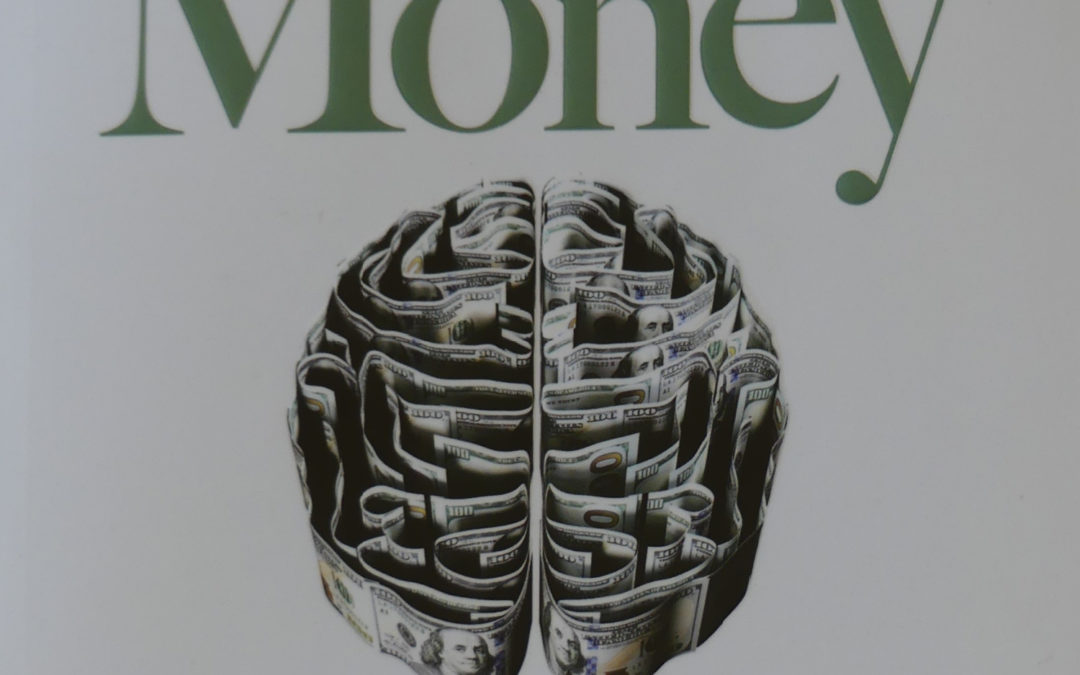Success with money doesn’t depend on “hard skills.” It’s more than plugging numbers into a formula and implementing the results. Humans don’t function that way. In his book, The Psychology of Money, Morgan Housel explains that succeeding with personal finances, business decisions and investing depends on what is going on in your head. These “soft skills” are what guide your behavior and decisions.
Housel uses real life stories to describe what he considers the “more important and often counterintuitive features of the psychology of money,” organized into 20 short chapters. Some concepts I found intriguing are:
Never Enough
No matter how much some people have, for them it is never enough. This leads them to seek more money, but the goalpost keeps moving and they are never satisfied, taking unnecessary risks to gain more. Housel says reputation, freedom and independence, family and friends, being loved, and happiness are all invaluable. “And your best shot at keeping these things is knowing when it’s time to stop taking risks that might harm them. Knowing when you have enough.”
Freedom
Housel describes freedom as being able to control doing what you want, when you want, and with the people you want. This is what makes people happy. Housel says, “Money’s greatest intrinsic value – and this can’t be overstated – is its ability to give you control over your time.”
Wealth is What You Don’t See
We gauge other people’s financial success by what we see: expensive cars, big houses, exotic vacations, and so on. This is not wealth. This is stuff. Wealth is income not spent on stuff. Wealth is money we can’t see, tucked away for later use in savings accounts, retirement accounts and investment portfolios. Housel writes, “The world is full of people who look modest but are actually wealthy and people who look rich who live at the razor’s edge of insolvency. Keep this in mind when quickly judging others’ success and setting your own goals.”
There are several other nuggets of insight in the Psychology of Money. While you will need to read the book to learn them all, an underlying theme throughout the book is “no one’s crazy.” We each have different beliefs and unique experiences. We make decisions based on what we have learned through life and what seems to make sense at the time. “What seems crazy to me may make perfect sense to you.”
A gem in this book is the postscript. Here Housel gives a brief overview of the transformation of our economy from the end of World War II through today, and how this has impacted the way US consumers think. It’s worth a read.
The psychology of Money: Timeless Lessons on Wealth, Greed and Happiness © 2020 by Morgan Housel is published by Harriman House, Ltd. List price is $18.99.
This blog is published to provide you with general information only, and is not intended to provide specific or comprehensive advice. Money Care, LLC encourages individuals to seek advice from competent professionals when appropriate.

